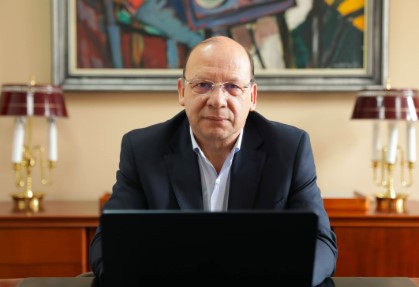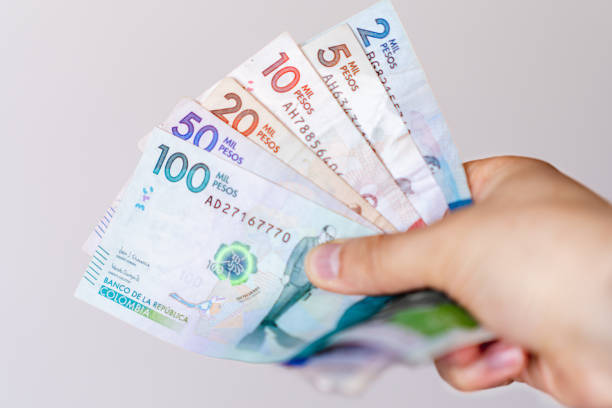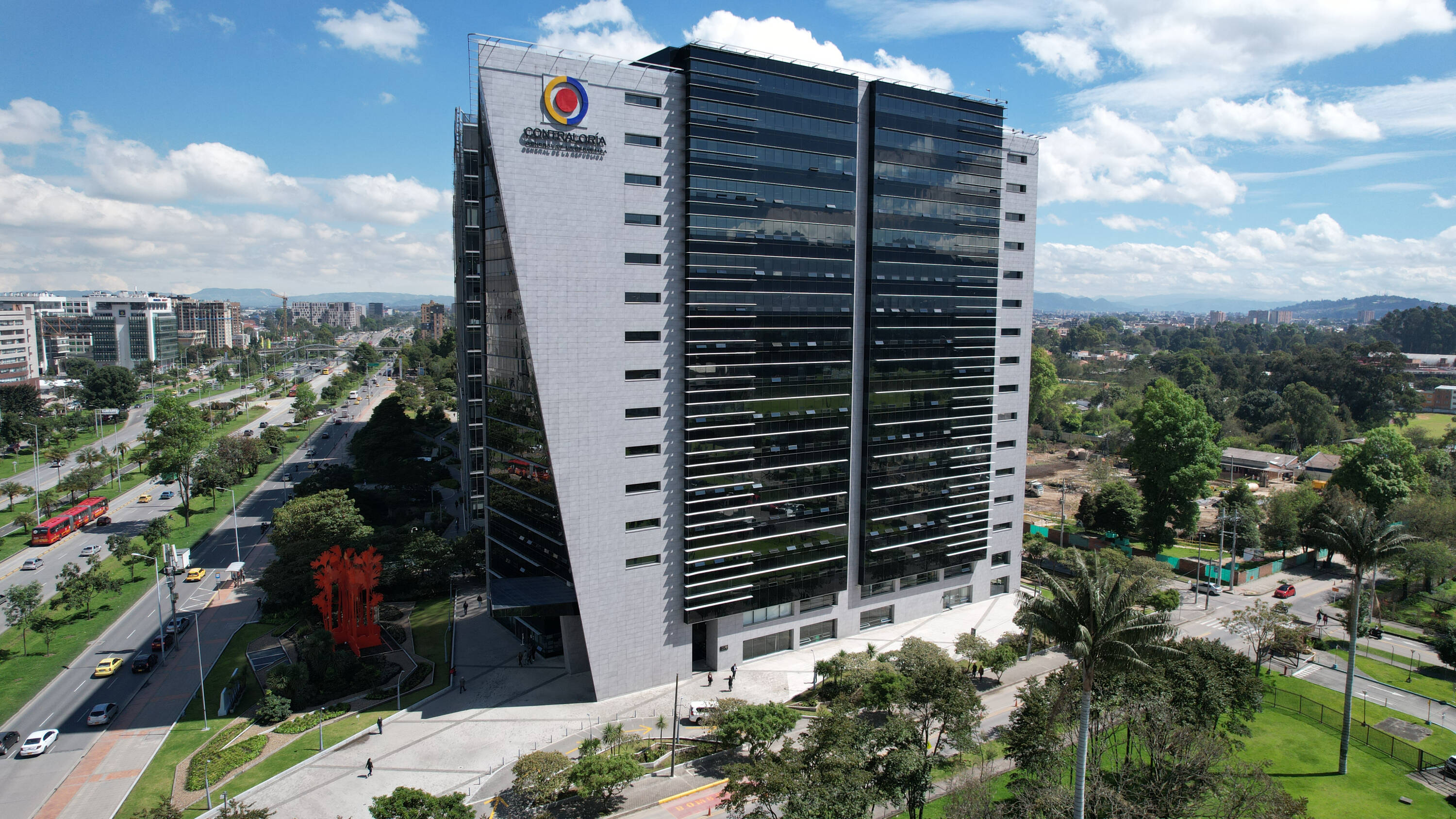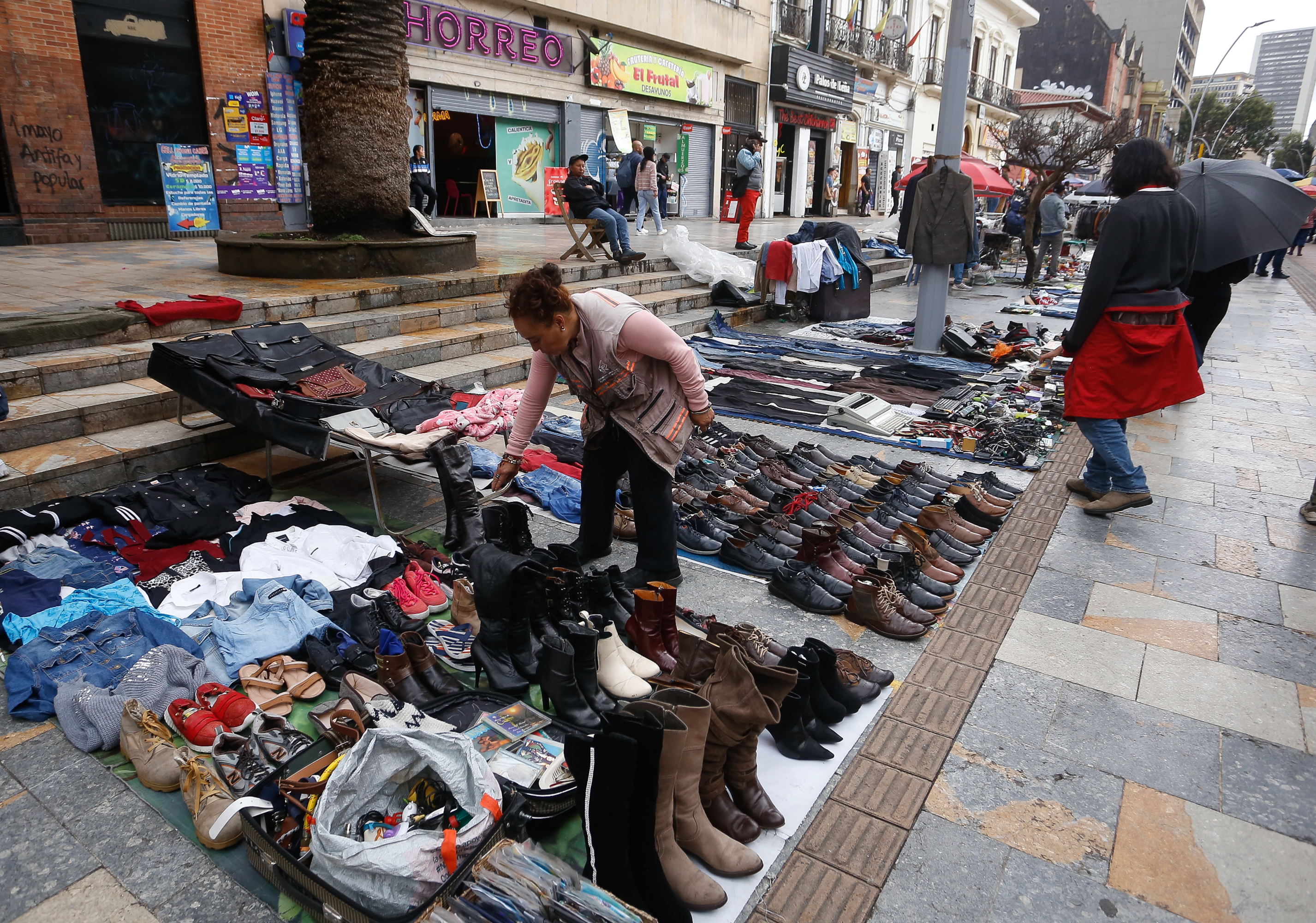Liquor and tobacco will also be taxed in the new tax reform of Gustavo Petro's government.

During the presentation of the 2026 General National Budget, Finance Minister Germán Ávila provided more details about the new tax reform that will be introduced in the coming days.

Germán Ávila, Minister of Finance. Photo: Ministry of Finance
" We will not touch the family basket in the tax adjustments we will make to comply with the return path resulting from the activation of the escape clause and balance the 2026 Budget," the minister stated before the Joint Economic Committees of Congress.
It should be remembered that the Ministry of Finance submitted next year's budget for 556.9 billion pesos, of which 26.3 billion pesos are currently uncertain because they correspond to contingent resources whose implementation will depend on the approval of a financing law.
This is the second consecutive year that Gustavo Petro's administration has tied its budget to a tax reform. Last year, 12 trillion pesos remained uncertain during the introduction of the bill, but they ultimately had to be frozen because the reform failed to pass Congress.
Furthermore, during the discussion of the 2024 Budget, there were also warnings about its underfunding due to the inclusion of 10 billion pesos in revenue that would have come from a DIAN litigation arbitration bill, which was never approved.
What taxes will come? Ávila said his goal is to comprehensively review the VAT benefits currently applied to the consumption of goods and services , which, according to him, are currently consumed primarily by higher-income individuals. These include the deductions, exemptions, and special treatment granted to some taxpayers.
Likewise, the minister stated that they intend to tax the consumption of liquor and tobacco, something that had not been publicly stated until now. He also indicated that they will seek to increase the progressivity of income and wealth taxes and generate new dynamics for carbon taxes, consumption taxes, and health taxes.

The budget is underfunded by 26.3 billion pesos. Photo: iStock
"We believe the country needs to discuss a broad fiscal pact to address the current situation," he asserted.
Although the presentation of the Medium-Term Fiscal Framework in June indicated that the new reform would seek to review other proposals, such as VAT on online games of chance or requiring both digital platforms and churches to pay taxes, the minister did not comment on these proposals today.

Comptroller General of the Republic Photo: Milton Diaz / El Tiempo
READ ALSO

A few days ago , the Comptroller's Office indicated that there is uncertainty about the project presented by the Government, since it depends on an "uncertain" financing law .
"The project is highly dependent on a reform that has not yet been approved, which introduces fiscal and budgetary risks. Furthermore, the growth in operating expenses without a clear rationalization plan is a concern in terms of fiscal sustainability," the agency stated.
He also noted that the government activated the escape clause to allow it to spend more and skip the fiscal rule targets by up to three years; however, it did not present a "credible" adjustment plan.
Thus, the fiscal deficit is now expected to reach 7.1 percent of gross domestic product (GDP) in 2025 and to fall to 6.2 percent of GDP by 2026.
"Although increased revenue is anticipated thanks to an estimated 26.3 trillion pesos in tax revenue and a 10 trillion pesos reduction in interest payments, the primary deficit would increase from -1.45 to -1.97 percent of GDP," he stated.
The Ministry of Finance says spending is "highly" inflexible. The Finance Minister also asserted that the 2026 General Budget decisions are determined by the "extremely high" level of spending inflexibility , which represents 509 billion pesos of the total 556 billion pesos.
“We have accumulated a level of inflexibility amounting to 91 percent of the total budget. For example, debt service represents 102 billion pesos, which is 15.9 percent ; pensions reach 88.3 billion pesos (15.7 percent); and personal expenses 46 billion pesos (12 percent). Of the latter, 81 percent corresponds to payments to the Defense sector, the Police, the Judicial Branch, the JEP, and autonomous bodies,” he explained.
Additionally, the minister asserted that a very high percentage of the government's current fiscal deficit is due to decisions that fall outside the priorities of the National Development Plan and the National Government.
First, he mentioned that nearly 80 billion pesos have been spent to cover the gasoline subsidy starting in 2022. "This is one of the biggest fiscal policy mistakes of recent times," Ávila said.
He also said that accumulated spending on energy and gas subsidies has reached 18.2 trillion pesos and, finally, that the government has had to make an effort of 22.9 trillion pesos due to the loan the country took out with the International Monetary Fund (IMF) amid the pandemic.
"In the midst of this situation, we must make fiscal policy decisions that guarantee the country's macroeconomic sustainability, ensure growth, and protect priority social spending," he said.
eltiempo





